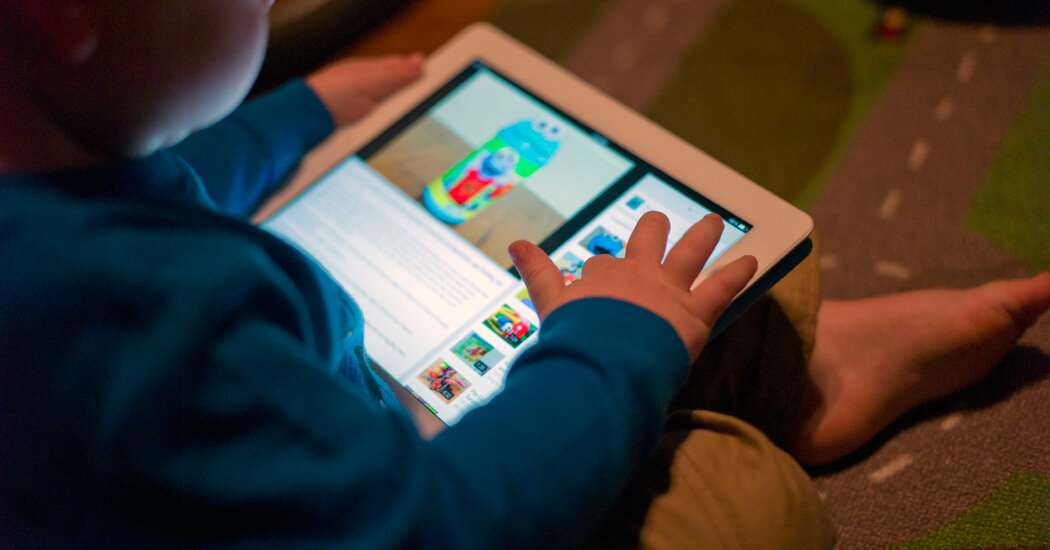
The News
According to new research, “technoference” is real.
Toddlers who are exposed to more screen time have fewer conversations with their parents or caregivers by an array of measures. They say less, hear less and have fewer back-and-forth exchanges with adults compared with children who spend less time in front of screens.
Those findings, published on Monday in the journal JAMA Pediatrics, make up one of the first sets of longitudinal evidence to confirm an intuitive reality: Screens are not just linked to higher rates of obesity, depression and hyperactivity among children; they also curb face-to-face interactions at home — with long-term implications that could be worrisome.
Some Background: What interrupts household chatter?
Researchers have long known that growing up in a language-rich environment is vital for early language development. More language exposure early in life is associated with social development, higher I.Q.s and even better brain function.
Given the value of such exposure, researchers in Australia were eager to investigate potential factors within the home environment that could be interrupting opportunities for parents to interact verbally with their children. Previous studies on the impact of technology mostly examined a parent’s use of a mobile device, rather than a child’s use of screens, and relied on self-reported measures of screen time rather than automated monitoring.
What Researchers Found: Every minute counts.
The new study, led by Mary E. Brushe, a researcher at the Telethon Kids Institute at the University of Western Australia, gathered data from 220 families across South Australia, Western Australia and Queensland with children who were born in 2017. Once every six months until they turned 3, the children wore T-shirts or vests that held small digital language processors that automatically tracked their exposure to certain types of electronic noise as well as language spoken by the child, the parent or another adult.
